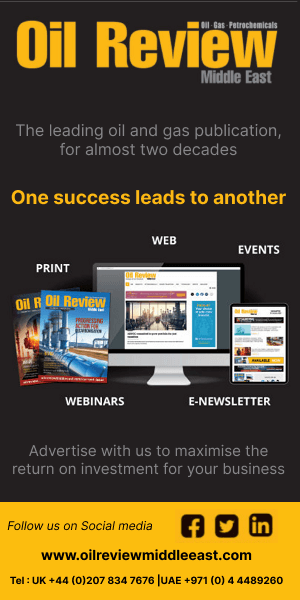The industrial sector grapples with unprecedented instability amidst global economic slowdown, supply chain challenges, and skilled labour shortages
At the 2024 Hannover Messe, Friedhelm Loh Group's companies – Rittal, Eplan, Cideon, and German Edge Cloud – shed light on the fusion of software and hardware solutions across ecosystems. Their focus: industrial automation, panel building, energy transition, and smart factories.
The event is taking place from 22-26 April in Hannover in Germany.
With industry undergoing digital transformation and facing sustainability pressures, meeting these demands with fewer skilled workers is a daunting task. Friedhelm Loh Group emphasises mechanising and streamlining processes throughout the value chain.
At the Hannover Messe, the companies present practical applications across four key areas: Industrial Automation, Panel Building, Energy Transition, and Smart Factory. They showcase products and solutions tailored to specific needs.
Greater efficiency and higher speed
Industrial engineering sees a push for improved data consistency, with Eplan offering insights into Cable proD and "eView AR" app. Panel building aims for greater productivity, featuring advancements from Rittal such as the AX enclosure series and Rittal Automation Systems' automated machinery.
Energy transition's focus is on speeding up value chain processes, demonstrated through standardisation and digitalisation. Rittal previews the RiLineX 60-mm busbar system platform, set to redefine power distribution in 2025.
In the smart factory arena, German Edge Cloud's ONCITE Digital Production System enables scalable digitalisation, facilitating AI-supported processes and visual quality inspection.
The overarching message from the Friedhelm Loh Group companies is that digitalisation and sustainability are complementary forces. Sustainability drives digitalisation forward, while digitalisation enables greater sustainability. The emphasis is on constantly optimising value creation processes.






